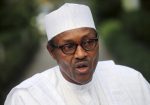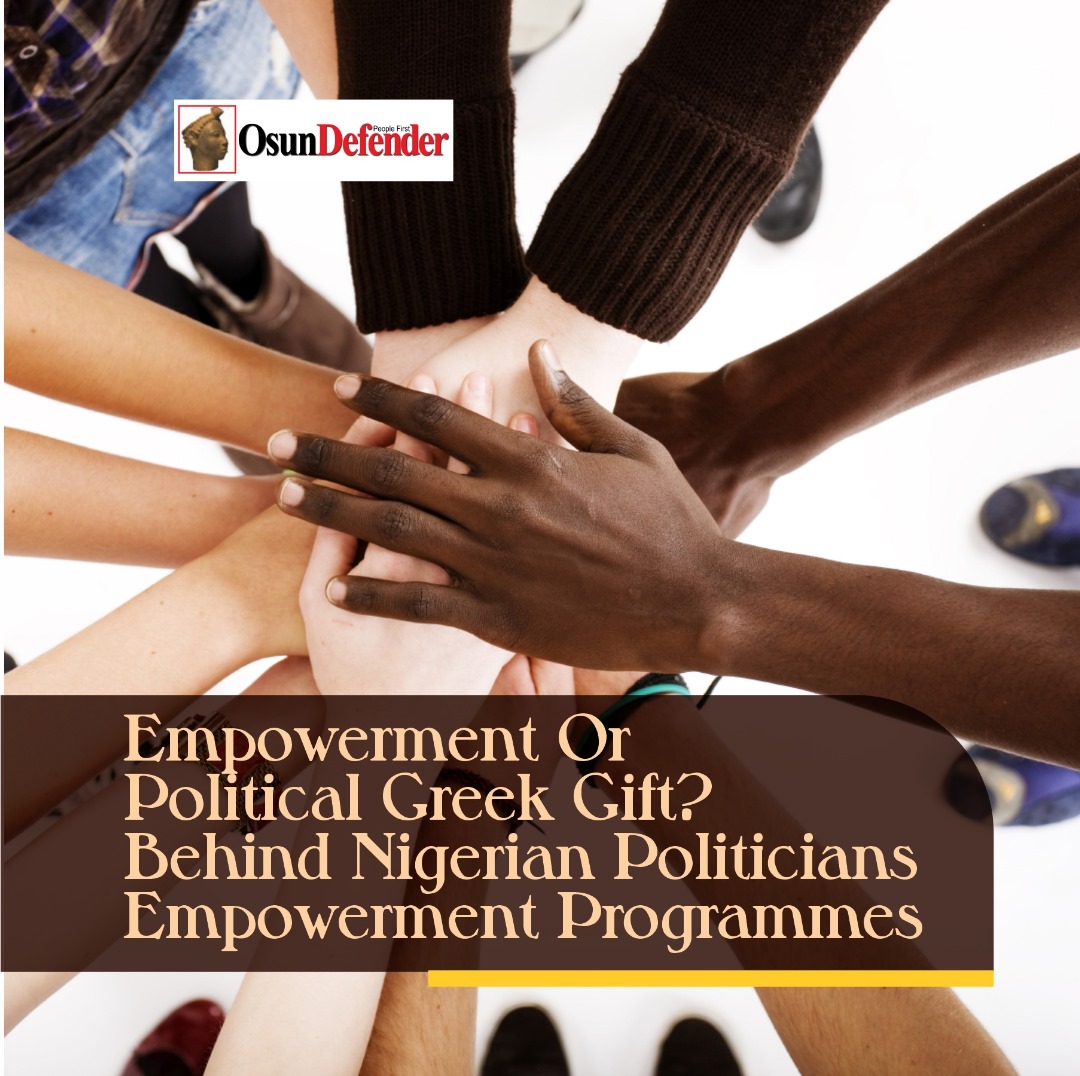The Sleeping Economic Power
The past of the country and its present, are so scary that one to wonder if that past is the future of Africa. It was the pearl of the Caribbean, a colonial possession of France that was the envy of all colonial powers
– British, Spanish and Portuguese. Then, it fought a brutal war against its colonial master, defeated an army Napoleon sent to restore slavery to the island and declared its freedom and independence in 1804. It tore out the white in the French flag to make its first national flag. Later the blue was replaced with black. According to Ernst Etienne, Haitian son of a clergyman, industrial engineer, “Haitians have not stopped declining since their great victory over Bonaparte’s army. Haiti once called the Pearl of the Antilles and the first independent republic of coloured people is today the poorest country on the American continent” (Page 10).
One did not just wonder if the past of Haiti would not be the future of Africa but for the fact that African countries have relentlessly been following the path that Haiti has been following for two hundred years since that 1804 de parathion of independence. Name an African country; it is in debt, dependent on foreign aid, ruled by rogues whose offsprings are cuddling expensive champagnes and moving around the world in expensive German or Italian wheels. Its people are dying of diseases whose cures are easily available, while their presidents go abroad for operations on their ladies fancy fashion demands.
Any Africa Country!
When I have nothing to do, I go and do it in a bookshop, but virtual and online. And the Kindle Store is unbeatable in books, magazines to browse and perhaps buy, or borrow if not sure of the possibility of buying because of cost or lack of funds.
This is how Haiti: The Sleeping Economic Power by Ernst Etienne hit me! Haiti, half of an island (and the more damaged half of the island for that matter), a sleeping economic power? I thought Nigeria was the sleeping Economic power. Or South Africa. Or Angola. Or the Democratic Republic of the Congo. Haiti? How Engineer Etienne, do you want to swing this?
This book begins with an engineering mathematics lecture in 1895, in which a student asked if “the professor thinks that an object that is heavier than air could be used as a means of air transportation in the years come” (Page 4). Impossible is the response of the professor and fellow students. Fast forward to 1903 and the Wright brothers who build a machine that takes people into the air and back to earth. What made the impossible possible?
“The strategy they used,” says Engineer Etienne, “was to put the problem on paper, to translate it into mathematical language, to cope up with a solution, to take this solution and apply it to a flying machine” (Page 6).
They are able to solve the problem by applying Bernoulli’s theorem to it. This deals with aerodynamics. “Following the example of scientists in 1903, it is time for us to put Haiti’s problem on paper and derive the mathematical formula to arrive at a solution which will allow the country to take its place among industrialized countries” (Page 11). Engineer Etienne then produces “the formula for the development of Haiti” as follows:
A=X1(C) + X2(E)-X3(L1)-X4(L2) where
X1 is the Selling Price of local products;
X2 is the selling price of exported products;
X3 is the Cost price of international items;
X4 is the Cost price of imported goods;
C is the Local consumption;
E is the Exported finished products;
L1 is imported items;
L2 is the imported finished products.
We can also write this formula in a more explicit manner:
A = (Sale of local products) + (Sale of exported products) – Purchases of imported items) – (Purchases of imported finished products). When the value of A is positive, we could say ‘Haiti is a developed country.’ (page 11) “This formula may also be seen as a triangle whose three sides are:
1. Haiti must produce a lot;
2. Haiti must export a lot;
3. Haiti must be imported a little” (Page 12).
This book was first published on November 15, 2015. It would seem that Engineer Etienne ignores countries that have used local consumption as the beginning of their industrialization. But this is really a minor matter. The point being made is that if you earn 600 units of whatever currency per month, you cannot develop no matter what foreign aid you are getting. No matter how many hours you spend on your knees or on the prayer mat or making sacrifices in form of whatever shrines, you cannot go forward and prosper like other countries that have developed.
In spite of this book being only 71 or so pages, it is impossible to do just for it. It needs to be read in its entirety. The book points out that waiting for economic aid from another country does not develop your country. Many writers have pointed this out both in Africa and outside of Africa. The book also insists that letting other countries/companies invest in your country.
On the role of mass literacy in the country, the example of Cuba is given. “… in 1960, the literacy rate in Cuba was 60 per cent, a level lower than Haiti’s in 2011 (62.1 per cent). In only one year, from January 1961 to December 1961, the literacy rate in Cuba increased to 96 per cent” (Page 35).
Those who give gifts that give them gifts in return! And it is not those to whom the gifts are given who given who give the givers gifts. It is the gifts themselves that do. Watch out for the gifts you receive!
There is nothing about corruption, preventing it, fighting it, resisting the war against it. Nothing because it is a distraction to concentrate on a crime instead of punishing the criminal and getting on with the business of applying one’s intelligence and one’s brain to solving the problem at hand. Corruption is a crime. Punish it and get on with the life of the country.
Also, there is nothing about prayers. Stop praying and apply your brains. Else pray God permits you to










